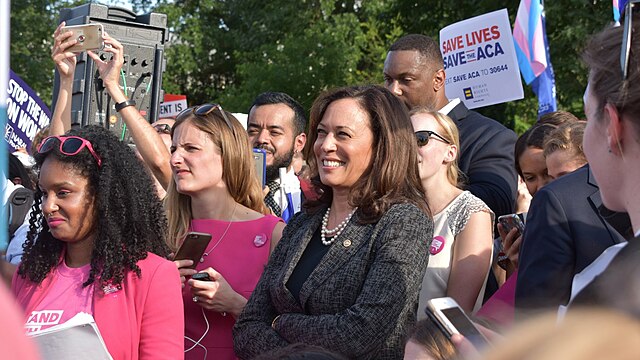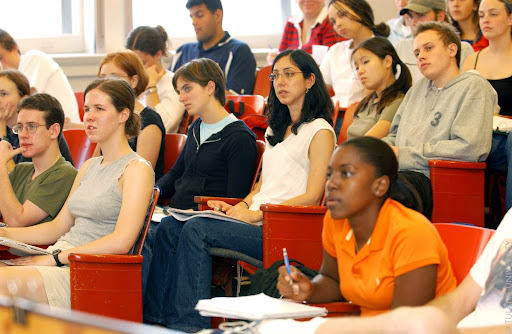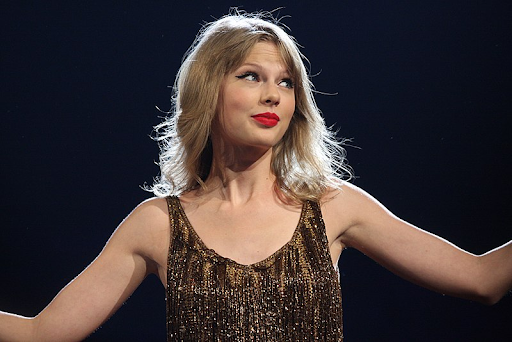In the grand scheme of public discourse, “cancel culture” emerges pretty often. While scrolling through X (formerly known as Twitter), TikTok, or Instagram you’ve probably come across swarms of posts urging others to withdraw support from a prominent public figure because of controversial actions or statements. Sometimes it’s a celebrity’s old Tweets resurfacing, and sometimes the actions are recent. Regardless of the scenario, public sentiment has previously shown a trend of morphing into a collective call for disengagement.
But, was it always truly collective? As we continue to witness more and more cases of cancellation, the ability to “cancel” a public figure seems to vary based on the mindset of those who comprise the figure’s fanbase. Creating balance between appreciating artistic contributions and holding artists accountable requires careful consideration that not all fan bases may have; nuanced, case-by-case approaches are better than polarized support or disapproval of a celeb. This article will explore recent cases of “cancel culture” in the media and delve into the relationship between the type of people in a fanbase and the outcomes of attempts to cancel the fanbase’s celebrity.
The power of “cancel culture” lies in its ability to influence public sentiment and shape public discourse. However, if the audience of the public figure does not have the same moral ground as those trying to get the figure canceled, the result would just be a slap on the wrist for the public figure if their fanbase’s support is unwavering regardless of the controversies.
A recent case that highlights this dynamic is rapper Playboi Carti getting arrested on a felony charge in December 2022 for alleged physical assault of his pregnant girlfriend following an argument over a paternity test. Based on the arrest affidavit acquired by TMZ, the woman informed law enforcement officials that he forcefully shoved her by the throat, exerting pressure on her neck. The police stated that the woman had visible injuries to her neck, chest and back when they arrived.
Despite this situation gaining attention, Carti’s fans did not waver in their support. While many individuals called for his cancellation online, an overwhelming majority of his fan base remained loyal and continued supporting him by attending his concerts and streaming his music. As I scrolled through various Twitter threads of Carti fans discussing the allegations, many simply made jokes about the accusations. Many fans even participated in a trend where they changed their profile pictures on social media to his mugshot from the arrest, downplaying the seriousness of the criminal allegations he faces.
Such fanbase responses make it challenging to effectively “cancel” a figure because social media platforms can create echo chambers where fans interact primarily with like-minded individuals who share similar views. In such environments, dissenting opinions may be marginalized or ignored, reinforcing the fanbase’s unity. This normalization of behaviors within a fan community can desensitize individuals to the severity of a figure’s actions.
Currently, Carti is just a little shy of 39 million monthly listeners. It’s worth noting that changing attitudes within a fanbase, especially one as large as Playboi Carti’s, is a gradual process that requires ongoing efforts. However, again, how many fans are willing to hear the argument for the cancellation of their favorite artist when they exist in these online echo chambers?
This case is very similar to when rapper Tory Lanez faced severe backlash after being accused of shooting fellow artist Megan Thee Stallion. The incident sparked outrage on social media, with many calling for his cancellation and boycotting his music. However, the support from his fan base remained the same.
In response to the situation, Lanez dropped the album Daystar in which nearly every song makes references to the incident. People’s responses to the album were diverse, often reflecting their pre-existing perspectives on the artist. Some of Lanez’s fans continued to show support for him through the release of the album, but there were certainly more fans who decided to withdraw from supporting Lanez’s music altogether following the incident.
In comparison to the case with Playboi Carti, Lanez was canceled much more effectively. This outcome may simply be because Lanez’s fan base is more diverse thus avoiding the echo chamber dilemma, but other potential reasons include the nature and severity of the allegations at hand, the feud between both Lanez and Stallion’s fans, and the fact that Lanez was very responsive to the public outcry by even going as far as to release an album about the situation.
Throughout both of these cases, supporters argued that one should be able to appreciate and enjoy the artistic work of an individual independently of the artist’s controversial actions. Critics of this approach argue that separating the artist from their art may disregard the moral responsibility that comes with supporting individuals who engage in harmful or unethical behavior. They believe that consumers should hold artists accountable for their actions.
My take is that striking a balance between appreciating art and holding artists accountable for their behavior requires thoughtful consideration and a case-by-case approach. Leaning towards what the critics said, there is a slight moral irresponsibility in continuing to support unethical artists: separating the artist from their art may contribute to the normalization of harmful behavior and perpetuate a culture that minimizes or dismisses the experiences of those harmed in situations similar to the artist’s misconduct. However, separating the artist from their art is a way to uphold freedom of expression, and it can be hard to not consume the work of talented people just because they lack morality behind the scenes.
In the ever-evolving landscape of “cancel culture,” the cases of Playboi Carti and Tory Lanez illuminate the intricate interactions between public sentiment and fan loyalty. As cancellation culture becomes more prevalent in society, the relationship between a public figure and their fanbase will remain a crucial determinant in the success or failure of cancellation attempts going forward.












